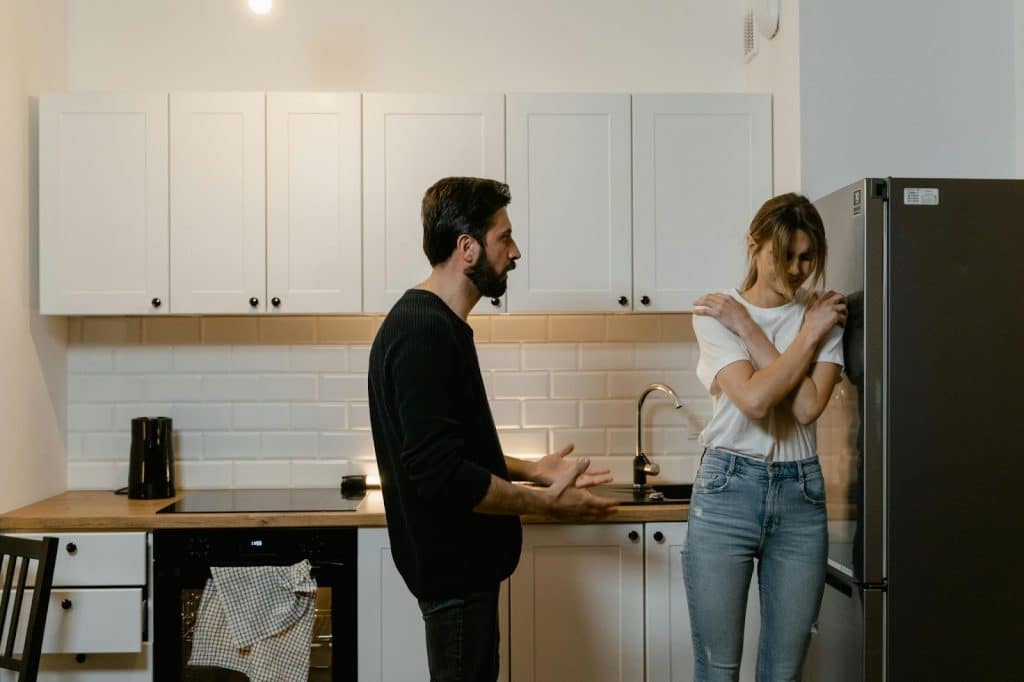
At first, he feels like the safest place you’ve ever known. He checks in, keeps you close, and makes sure you’re “okay.” It’s comforting, until you realize his version of love means always knowing where you are and what you’re doing. Control rarely comes with raised voices; it starts quietly with concern. The hardest part is recognizing that attention can be a form of restriction when disguised as care.
He Always Needs to Know Where You Are

At first, his curiosity feels like care. He texts constantly to make sure you’re safe or asks who you’re with out of “concern.” But over time, those check-ins become surveillance, every plan feels like something that needs his approval. Genuine care respects independence; control measures distance. If freedom makes him anxious, it isn’t love, it’s fear in disguise.
He Says “I Just Want What’s Best for You”

When advice turns into authority, you’re no longer being guided, you’re being managed. He frames control as wisdom, making his opinions sound like concern for your well-being. Soon, your decisions feel like they need his permission to be valid. Real love offers perspective, not dominance. The moment care starts sounding like instruction, autonomy begins to disappear.
He Disguises Jealousy as Devotion

He might say, “I just don’t like seeing other men look at you,” as though jealousy equals love. In reality, it’s possessiveness cloaked as passion. Jealousy isn’t proof of connection; it’s proof of insecurity. When affection turns into suspicion, trust no longer exists. Love thrives on freedom, not emotional policing.
He Wants All Your Time
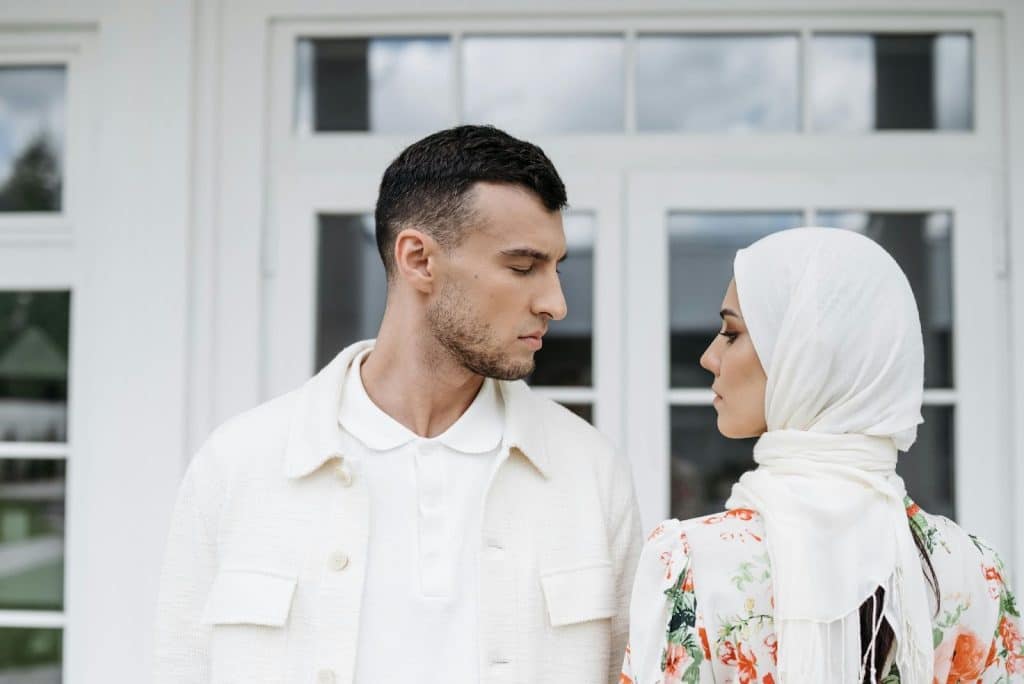
It feels flattering at first, he wants to be with you constantly, as though you’re his world. But when every moment apart becomes a problem, it’s not romance, it’s control. Love doesn’t demand full-time access; it respects boundaries. You can’t maintain individuality when affection becomes ownership. Togetherness should be a choice, not an obligation.
He Makes You Feel Guilty for Having a Life

When you spend time with friends or focus on yourself, he becomes distant or upset. He’ll say things like, “I just miss you,” but what he really means is, “I don’t like when your attention isn’t on me.” That guilt slowly erases your independence. Love celebrates balance; control punishes it.
He Uses Protection as an Excuse for Control

He says he’s just looking out for you, “I don’t want you driving at night” or “That outfit might attract attention.” It sounds caring, but notice who benefits. If his “protection” limits your comfort, choices, or expression, it’s not love. It’s fear and insecurity masked as safety.
He Keeps Score Instead of Forgiving

Every argument becomes a tally of your mistakes. Even when you apologize, he finds a way to remind you later. It keeps you submissive and unsure, constantly trying to “make things right.” Real love doesn’t track flaws; it works through them. Scorekeeping creates loyalty based on fear, not respect.
He Uses Silence as Punishment

When he’s upset, he withdraws completely, no words, no eye contact, no affection. The silence feels like pressure, forcing you to apologize just to restore peace. This isn’t communication; it’s manipulation. Love doesn’t freeze you out, it faces discomfort head-on. Silence becomes control when it’s used to dominate emotions.
He Turns Conflict Into Character Attacks

Disagreements aren’t about solutions, they’re about proving you wrong. He raises his voice, dismisses your points, or questions your sanity. Over time, you stop speaking up altogether. When arguments become a weapon, communication dies. Real love doesn’t need to win, it needs to understand.
He Encourages You to “Stay Away” from Certain People

He says your friends don’t like him or that your family “doesn’t understand your relationship.” At first, it seems like he’s protecting your bond. But isolation is the oldest form of control. Love welcomes outside connections; manipulation cuts them off. The fewer voices around you, the easier it is for him to control the story.
He Wants to Be Your “Everything”

He tells you he’s all you need, romantic, best friend, protector, and partner in one. It sounds ideal, but it’s actually emotional monopolization. When your entire life revolves around one person, your independence fades. Love isn’t meant to replace your world; it should fit within it.
He Makes You Feel Like You Owe Him Peace

When he says, “Don’t upset me, I’ve had a hard day,” it sounds reasonable. But over time, you’ll find yourself constantly tiptoeing around his moods. His comfort becomes your responsibility. Love doesn’t demand emotional caretaking, it requires mutual stability.
He Controls Money or Decisions

He insists on handling finances “to make things easier” or making big decisions “because he’s better at it.” Slowly, you lose influence in your own life. Control wrapped in practicality is still control. Love consults, it doesn’t command.
He Apologizes Without Changing
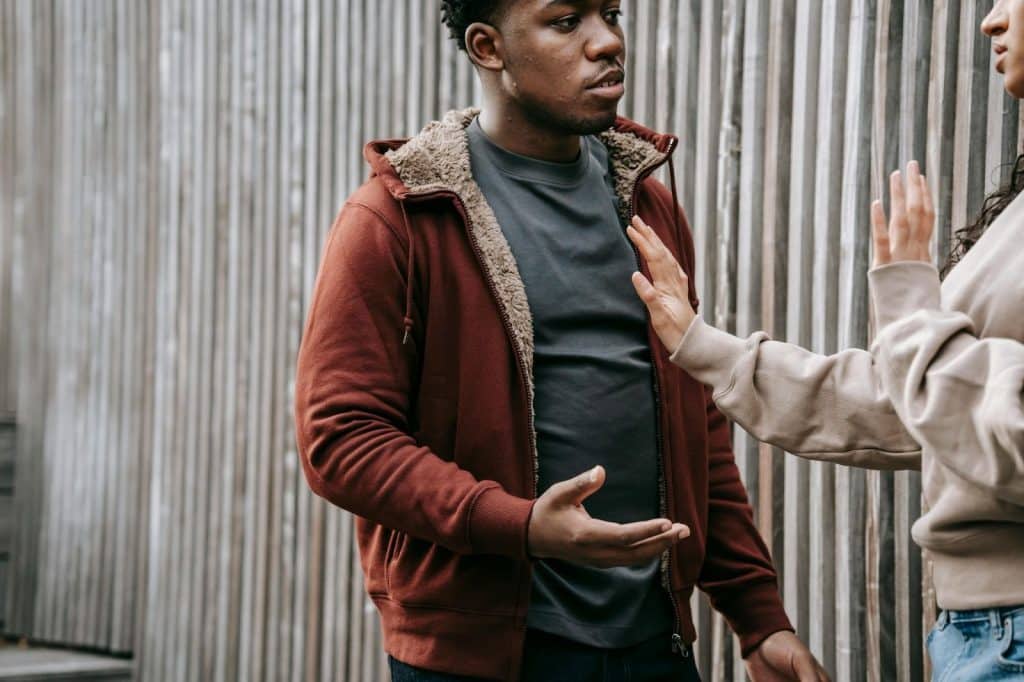
When caught, he says all the right words, tears, promises, the works. But nothing ever truly changes. Apologies without growth are strategies, not sincerity. Real remorse means action, not repetition. Forgiveness without boundaries just resets the cycle of control.
He Says You’re “Overreacting”
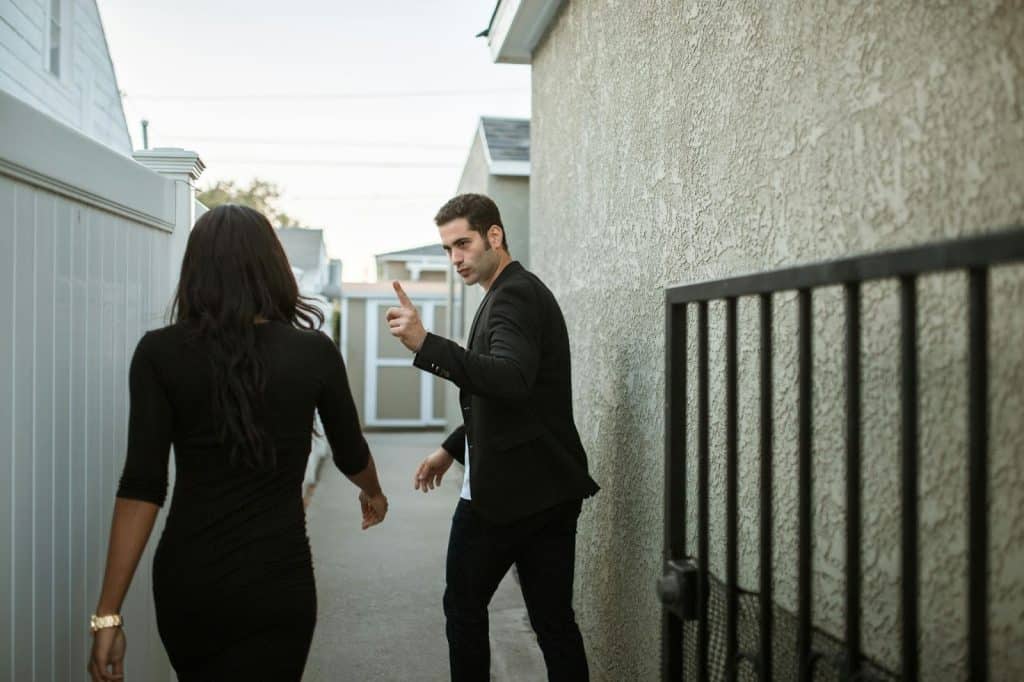
Anytime you confront his behavior, he flips it, “You’re too sensitive,” “You’re twisting my words.” This tactic makes you question your reality. Gaslighting is one of the strongest indicators of emotional control. Love validates feelings; manipulation rewrites them.
You Feel Drained Instead of Safe

You notice exhaustion replacing excitement. Every day becomes a mental calculation, how to avoid setting him off, how to keep him happy. That’s not love; it’s survival mode. Relationships should bring calm, not anxiety. The peace you feel when he’s in a good mood shouldn’t depend on his approval.
You Mistake Stability for Fear

If “keeping things peaceful” means suppressing your truth, you’re not in love, you’re managing control. True stability is mutual, not one-sided silence. Love built on fear of reaction is emotional captivity. When safety depends on compliance, it’s no longer love, it’s dominance.
When Walking Away Becomes Freedom
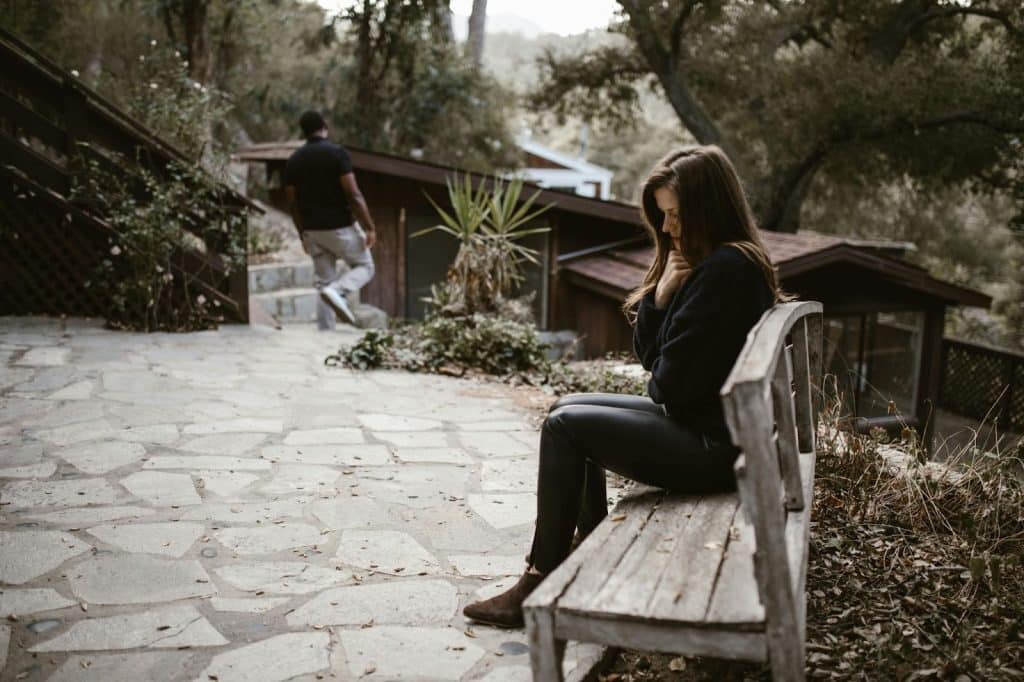
Control dressed as love always begins with charm, care, and devotion, and ends with fear, silence, and guilt. It doesn’t show itself overnight; it grows through tiny permissions you surrender in the name of peace. The realization isn’t that he changed, it’s that the control was there from the start, disguised as affection. Love should never require you to shrink to feel safe. Real love protects without possessing, guides without governing, and supports without suffocating.






Ask Me Anything